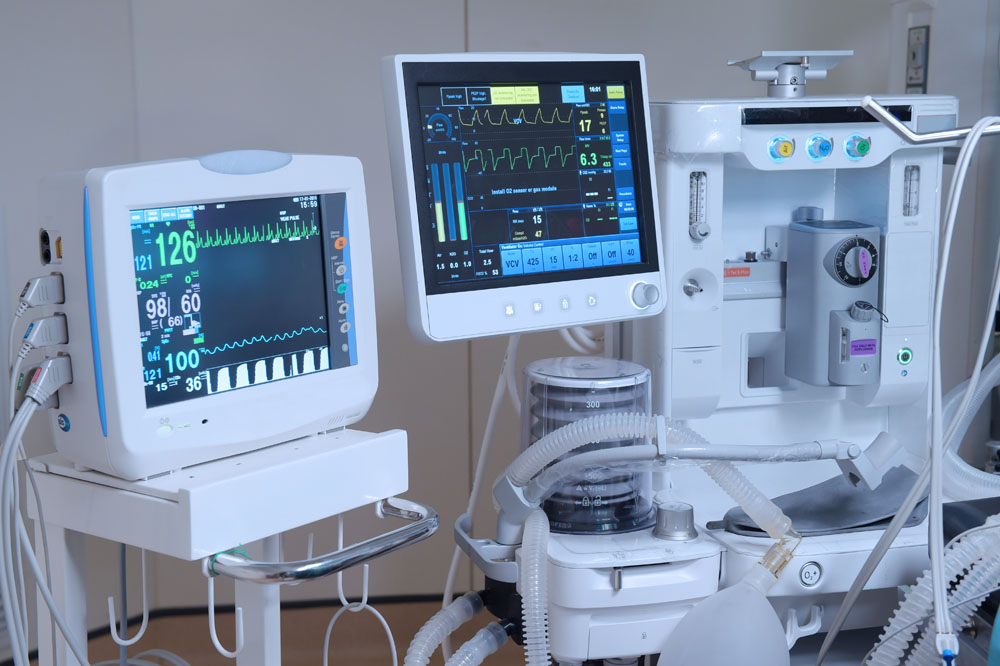This website uses cookies so that we can provide you with the best user experience possible. Cookie information is stored in your browser and performs functions such as recognising you when you return to our website and helping our team to understand which sections of the website you find most interesting and useful.
Nickel-Iron Alloys Chemical Etching
Chemical etching of Nickel-Iron Alloys is primarily used for applications that require a low rate of thermal expansion and dimensional stability.
A Nickel-Iron or Iron-Nickel alloy is a group of alloys that consist primarily of Nickel and Iron.
The Nickel-Iron (NiFe) family of alloys 42, 46, 48, and 49 exhibit low thermal expansion characteristics over a range of temperatures, ideal for controlled expansion applications.
Adding 42, 46, 48, and 49 percent Nickel to Iron reduces the coefficient of thermal expansion, making these alloys suitable for medical applications, electronics, aerospace engineering, telecommunications, and cryogenic components.
Nickel-Iron Alloys Chemical Etching
Some Nickel-Iron alloys etched by Fotofab include: Invar, Kovar, Mu-Metal
Fotofab’s chemical etching process produces designs that can withstand harsh indoor and outdoor environments. The process uses an acid (Ferric Chloride) to etch the unprotected metal surface to create a design or image formed to your project’s specifications.
Characteristics of Nickel-Iron Alloys
- Low coefficient of thermal expansion
- Low thermal expansion characteristics over a range of temperatures
- Easily machined
- Ability to be formed hot or cold
- High inflection point
Fotofab is committed to quality.






Acid Etch for Nickel-Iron Applications
The Iron-Nickel family of alloys, 42, 46, 48, and 49, is used in applications where a low rate of thermal expansion and dimensional stability is desired, including:
- Electronic components and lead frames
- Metal-to-glass or metal-to-ceramic sealings
- Semiconductor packages
- Tooling for aerospace composites
- Cathode ray tube electron guns
- Microelectronic components
- Shielding
- Automotive and industrial lamps
- Telecommunications and mobile devices
Other Factors
- Some Nickel-Iron alloys are called Nickel Steel and usually contain additional elements, depending on the purpose
- Low expansion Nickel-Iron alloys are used where changes in mechanical properties with temperature could be a problem, such as in precision springs
- Magnetic Nickel-Iron alloys minimize power requirements to generate a strong magnetic field for magnetic shielding around precision cathode-ray display devices



